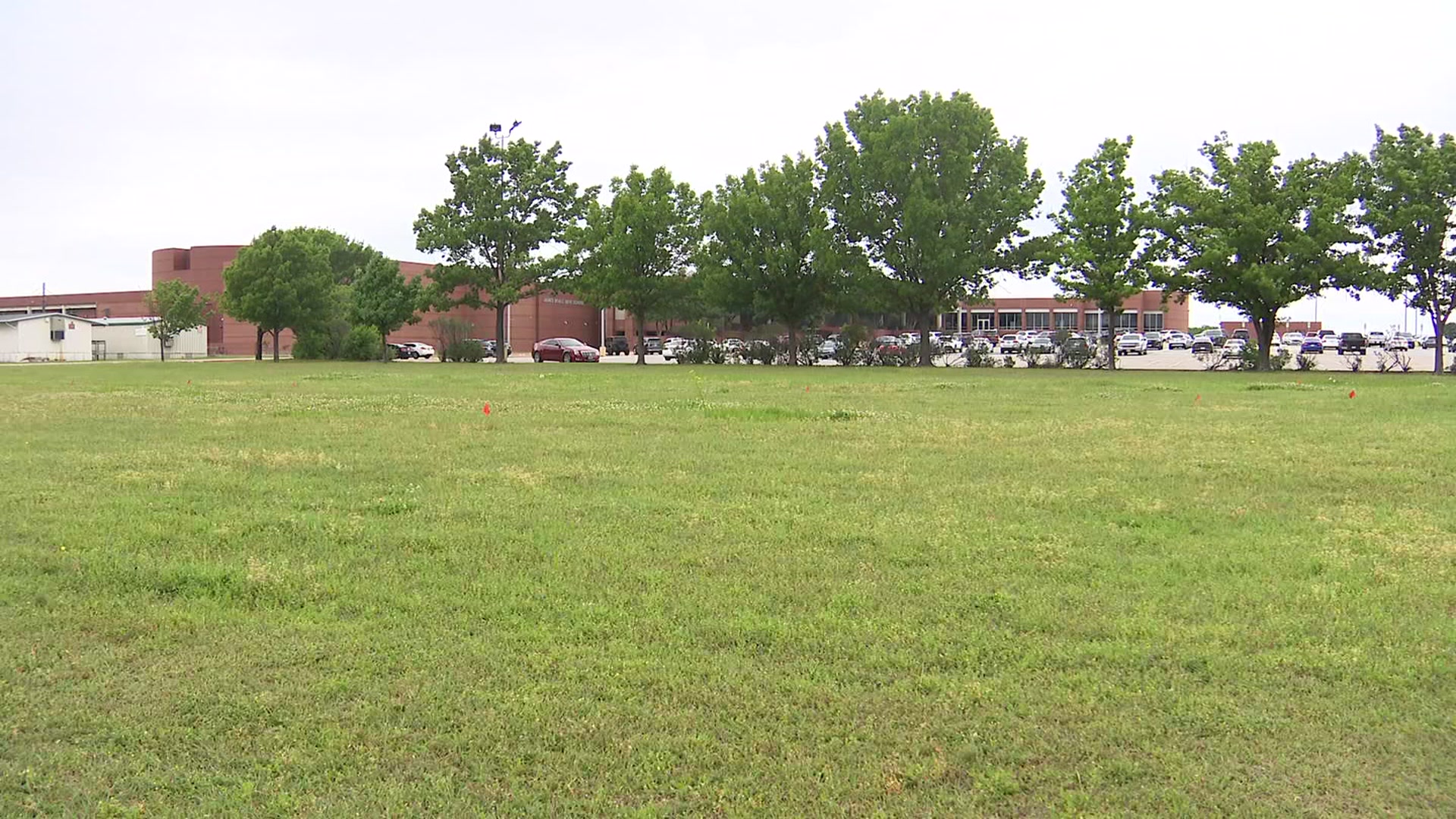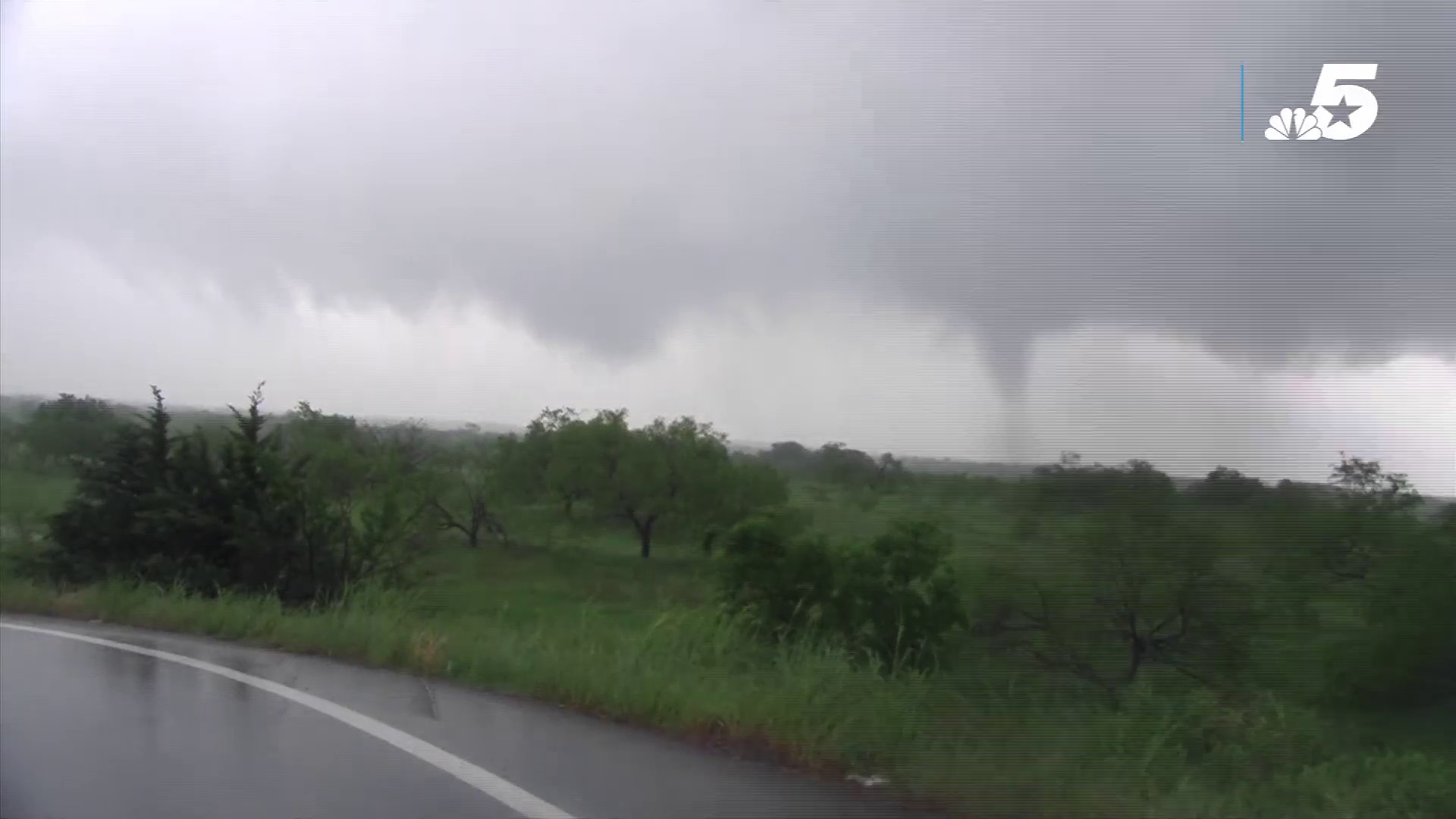When MedStar ambulance crews answer an emergency call, lives may hang in the balance and seconds count.
"Our objective is to get there as quick as we can, safely," said MedStar Field Supervisor George Church.
"Construction, in particular, can be very difficult," said Church. "If an exit is closed, then it will take us a lot longer to get to where we’re going, and there you’re talking about not losing just seconds, but losing minutes."
A sophisticated navigation system helps MedStar crews beat the clock.
"We can manage the road network real time, or plan it," said MedStar Public Affairs Director Matt Zavadsky.
"When the ambulances are given the route that they should take to a call, it bypasses the areas that we know are going to be closed," said Zavadsky. "No other system allows us to do that."
Developed by Bradshaw Consulting Services in Aiken, South Carolina the system is called “MARVLIS,” for Mobile Area Routing and Vehicle Location System.
Local
The latest news from around North Texas.
Using information provided by the Texas Department of Transportation, the City of Fort Worth and other sources, MedStar’s Deployment Manager Bob Strickland updates the system with the latest lane closures each day.
"The software allows me to go into the software and select that segment and close it," said Strickland.
That’s a critical feature not available on normal navigation systems.
"You don’t have the ability to close streets on your own," said Strickland. "You have to wait for the real time traffic to close it down."
"It will take its normal calculation and try to route what it thinks is the best way, and then when it sees that there’s a closure in that route, it will actually divert around that street,” said Strickland.
Strickland can also close off streets that become shut down by major crashes.
"The advantage of being able to route crews the fastest way to a call shaves very important time off of our response time and could make a difference in life or death," said Zavadsky.
MedStar has spent $96,000 on the system over several years, and said it immediately cut response time by 4 percent.



